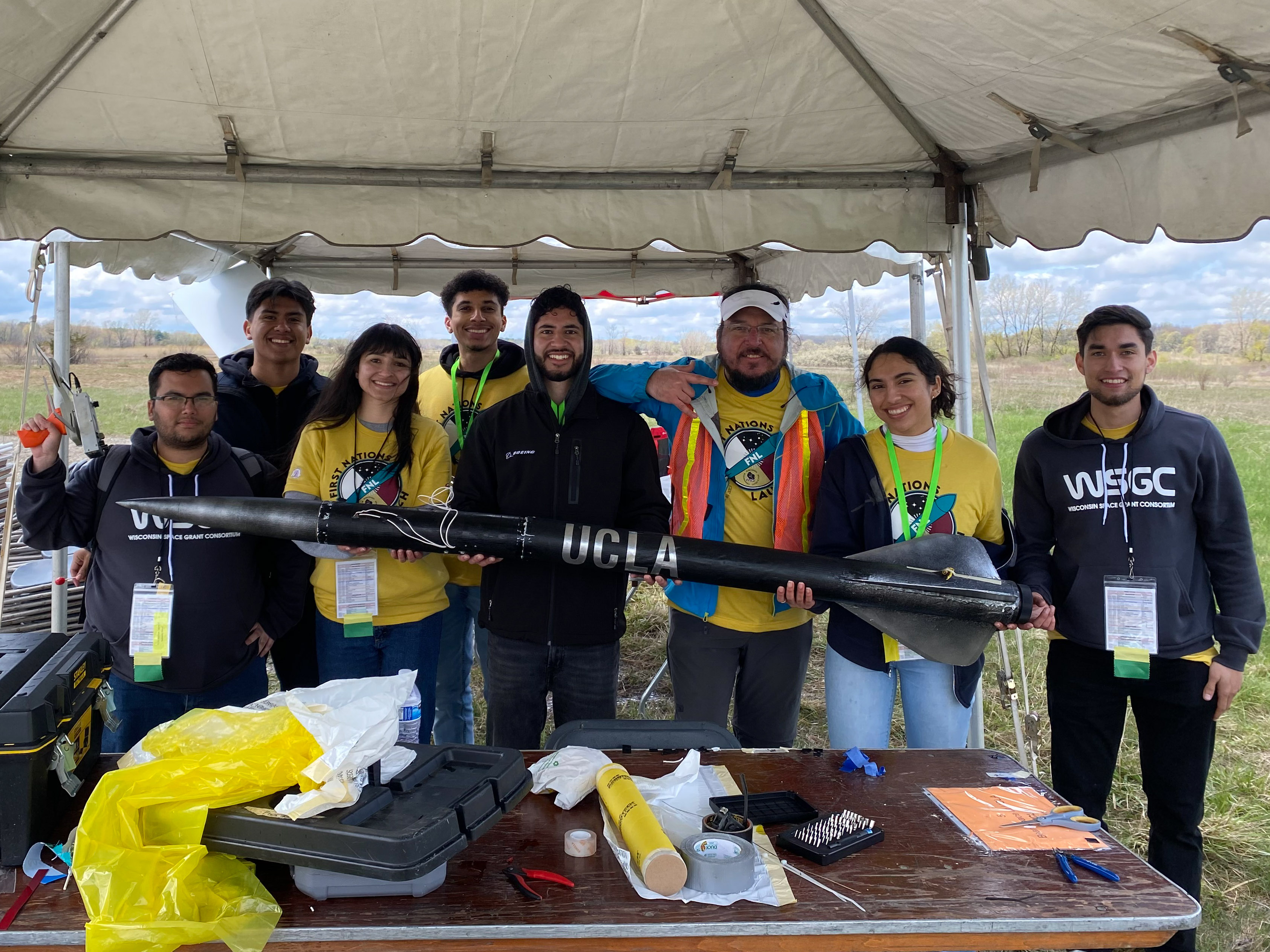How student-run organizations prepare students for business-related careers

The entrance to the John E. Anderson Graduate School of Management building is pictured. The rise of student-led business clubs has helped UCLA develop prominence in competitive business sectors despite not having an undergraduate business program. (Daily Bruin file photo)
By Ellin Manoukian
June 6, 2024 6:50 p.m.
Joining student-led business clubs is a common first step for Bruins interested in consulting and finance careers.
The recruitment process for jobs in business fields can involve many steps and requires knowledge of the inner workings of the industry. Campus organizations help provide this knowledge through opportunities to practice technical business skills and network with industry professionals.
Stephen Greene, an adjunct finance professor at the Anderson School of Management, said many of the qualities recruiters look for in candidates are standard across most business jobs.
“You need to have the basic technical stuff. You need to come across as a personality who’s willing to work hard and be part of a team,” Greene said.
In terms of technical knowledge, recruiters at investment banking and financial services firm Morgan Stanley suggest applicants be familiar with key concepts and methods relevant to the position. For example, candidates interviewing for investment banking jobs may be asked to do accounting-based mathematical calculations or explain various financial models used by professionals.
During behavioral interviews, recruiters may ask situational questions to gauge a candidate’s personality and emotional intelligence. For example, firms may ask questions about a time an applicant faced a challenge or their motivations for pursuing a certain career.
In recent years, companies and recruiters have put more emphasis on a candidate’s internship experience and technical knowledge because of increasing competition in the field. Greene said gaining internship experience in one’s early years of college may increase the likelihood of receiving a full-time job offer. Jason Lee, a continuing lecturer in finance at the School of Management, added that increased competitiveness in business fields may be a result of changes within the industry.
“Recruiting for undergrads today is more challenging than it was when I was an undergrad because the sheer number of employers has diminished quite a bit,” Lee said.
While there is no formal undergraduate business program at UCLA, student-led organizations such as Bruin Value Investing, UConsulting and Bruin Ventures help provide resources and opportunities for students to break into competitive business careers.
Tara Jeffries, a third-year cognitive science student, is the external vice president of Bruin Ventures, a club that works with startups and venture capital firms on investment strategies. She said the club has helped her land internships in in the technology business.
“We obviously have concrete resources like opportunities, channels, Google Drive, all that stuff,” Jeffries said. “But I would say the most helpful is you have these people in these clubs that can really vouch for you and really personally help you.”
Apart from providing personal and professional support, these clubs can also provide more technical resources. For example, UConsulting requires first-time members to take part in an accelerator program during their first quarter. The program includes training on how to use Excel, present deliverables and manage business cases and culminates in a final project with an external client.
It is common for student-led business clubs to work with external clients. According to the Economist, student-led consulting organizations across the country reach out to various companies to work on real-world projects, often at a cheaper price than those charged by established consulting firms. Projects may include conducting market research or helping solve a business problem that a company is facing.
Jeffries added that these companies often reach out to Bruin Ventures because the club is run by students.
“On the startup or tech side, we’ve seen a lot of interest in doing Gen Z preferences,” Jeffries said. “So really understanding as a college student: How would I interact with this company’s product? Or, what would make me pick their product off the shelf?”
Likewise, finance club members practice utilizing financial models and managing real-money investment funds. Eric Pan, a third-year business economics student and the internal vice president of Bruin Value Investing, said the work club members do is designed to mirror work in the professional world.
“They get the experiences of developing these investment theses like creating a slide deck, creating a pitch, and that skill definitely translates to the real job of investment banking,” Pan said.
In a similar vein, even before acceptance into the club, prospective members undergo recruitment processes that parallel recruitment for full-time jobs in business. Recruitment for many clubs include multiple stages, such as coffee chats, group interviews, technical interviews and individual interviews, according to Pan.
“The interview process, honestly, for all the business clubs is kind of similar, and it’s definitely modeled after general business rules,” Jeffries said. “I feel like most internships these days do require that (resume drops), and even some require essays or cover letters, which is kind of similar to what we do as well.”
Despite competitive recruitment processes, club members have felt the benefits of joining these clubs. Pan said making stock pitches in Bruin Value Investing helped him during his investment banking internship last summer. Similarly to Pan, Jeffries said gaining project experience through Bruin Ventures has helped her during job interviews.
“In the past, a lot of hiring managers have pointed out that my work in BV is pretty impressive and made me differentiate myself from other applicants just because it’s pretty unique,” Jeffries said.
While the work students take on in business organizations is extensive, many pay students dividends. Club members have been able to receive full-time job and internship offers at top firms.
“Everyone does get an offer at very reputable firms or companies,” Pan said. “I will not say that’s 100% attributed to the organization. I think our members put in a lot of work to make sure that they get those offers.”
Lee said the rise of student-led business clubs has helped UCLA develop prominence in competitive business sectors despite not having an undergraduate business program.
“UCLA has become more elevated and recognized as a good institution to source analyst talent,” Lee said. “I think a lot of that has to do with what clubs … and what the students have done, frankly, more than probably what was a function of the curriculum.”





